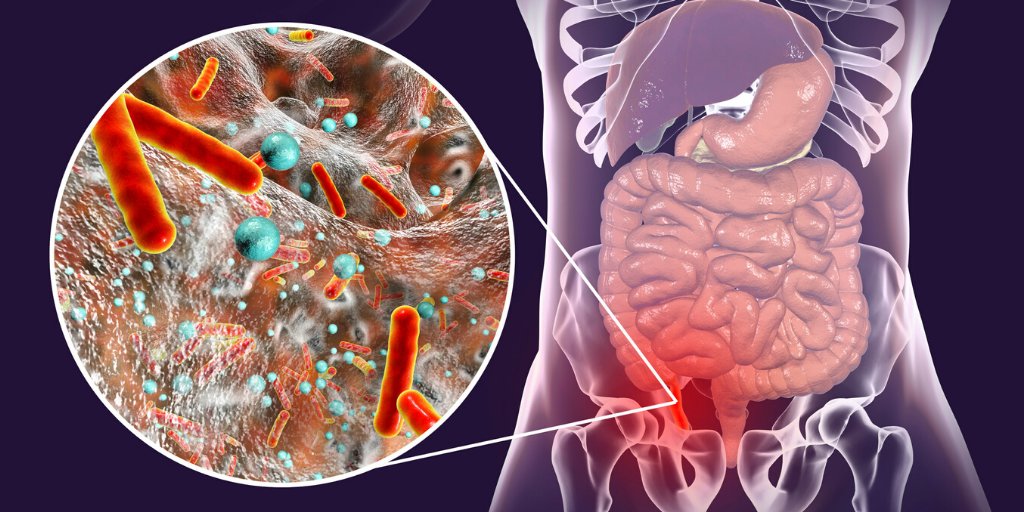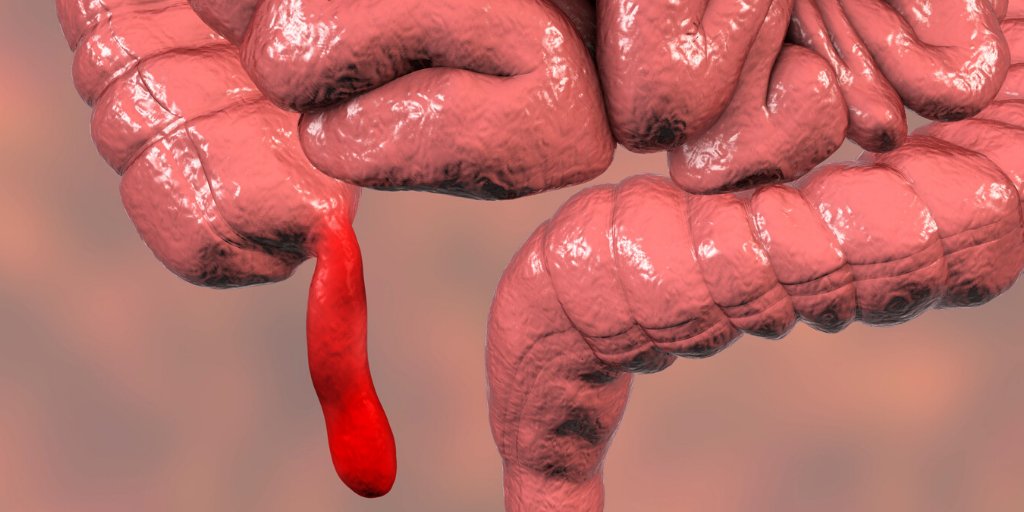Causes of Appendicitis And What You Can Do About Them
The exact causes of appendicitis remains unknown. Here are the common conditions associated with appendicitis. They include poor diet, worm infestation, fecal obstruction of the lumen of the appendix, viruses, and even spread of inflammation from other organs in the body.
 Causes of appendicitis include any condition that leads to obstruction of the lumen of the appendix causing bacterial overgrowth.
Causes of appendicitis include any condition that leads to obstruction of the lumen of the appendix causing bacterial overgrowth.Appendicitis used to be a very rare disease until the early to mid 1900s in the Western world. It is still a very uncommon condition in the developing world, amongst those who stick to traditional diets.
7 percent of Americans get appendicitis.
The number is about the same in the UK (7 to 12 %) and Canada (5 to 15 %). It is more common in males than in females and between the ages of 10 to 30 years than at any other age.
Thankfully, the incidence of appendicitis is now on the decline in the last decade.
Though our changing diet has been blamed for the rise in this condition, the exact causes of appendicitis remains unknown.
We do know that any condition that cause the obstruction of the lumen or cavity of the appendix would lead to reduced blood flow to the appendix and in time, bacterial overgrowth, then inflammation and swelling of the appendix, leading to secretion of mucus and pus production.
The mucus becomes mixed with desquamated cells from the wall of the appendix, forming a very thick pug. This could accumulate and cause further blockade of the lumen, cutting off or reducing blood supply to the appendix and precipitating appendicitis.
Common Causes of Appendicitis

The common causes of appendicitis include:
Foods
Does food cause appendicitis? Studies shows that it does.
Appendicitis is more common in people who eat low-fibre refined food and less common in those whose food mainly consists of fibre-rich vegetables, fruits, nuts and whole grains.
Food particles, include seeds have also been blamed for blocking the lumen of the appendix in some people, causing them to have appendicitis.
While the rate of appendicitis is very minimal in those who eat more plant based diets than those who do not, eating and swallowing small seeds have been shown to lead to acute appendicitis.
So paying attention to what you eat and chewing your food properly can help reduce your chances of developing appendicitis.
Infections By Viruses, Bacteria And Fungus
Following a common cold, or some other infections, the glands on the wall of the appendix could become swollen, and block the lumen of the appendix.
This explains why appendicitis is commoner in the winter period or during a change of weather in some places, and the beginning of harvesting season (maize season in West Africa) when cold and diarrhoea are common as well.
Adenoviruses have been reported to be a very common cause of appendicitis.
Worms And Parasite Infestation
In some parts of the world where worm infestation is still rampant, heavy load of worms can block the lumen of the appendix.
Common worms and parasites that cause appendicitis includes:
- Pinworm (Oxyuris vermicularis)
- Ascariasis (Ascaris lumbricoides)
- Tapeworm
- Schistosomiasis
Worm infestations are often thought to be primarily in the developing countries, but recent studies shows that worm infestation in very high even in developed nations.
According to a report published in the Western Journal of Medicine, in the USA alone, 20 to 42 million persons are infested with pinworms. This means that a number of acute appendicitis in the USa could be prevented by avoiding contamination and getting treatment promptly if you were to have pinworm infection.
Fecalith
Fecaliths are small hard stools.
Faecolith occurs when faeces get stuck in the lumen of the appendix, becomes dried up and very hard (rock hard).
It then causes blockade.
The faeces is unable to pass down the lumen of the appendix.
Eating fibre rich diet helps to reduce the chances of developing a fecalith.
Foreign Body
Sand grains, stones and swallowed beads have been found inside the appendix and are believed to cause blockade of cavity of the appendix leading to acute appendicitis.
So being careful of what goes into our mouth to be sure we are not ingesting small foreign bodies could help reduce our chances of having appendicitis.
Tumour
Tumor affecting the appendix can lead to appendicitis. Though this is rare, but occurs especially in elderly patients.
The obstructing tumour may be originally from the appendix, or a spread from other tumour site.
A common tumour associated with acute appendicitis is the carcinoid tumour of the appendix.
While the tumour in itself does not constitute one of the causes of appendicitis, they could make appendicitis worse.
The appendix can also become diseased for no apparent reason.
Appendicitis is a potentially dangerous condition.
In fact, 1 out of every 1000 persons (0.1%) with inflammation of the appendix in the general population could die, and this figure sharply rises to 1 in every five persons (20%) over the age of 70 with appendicitis.
Knowing the common causes of appendicitis and what to do to prevent it could be the secret to avoid having appendicitis.



